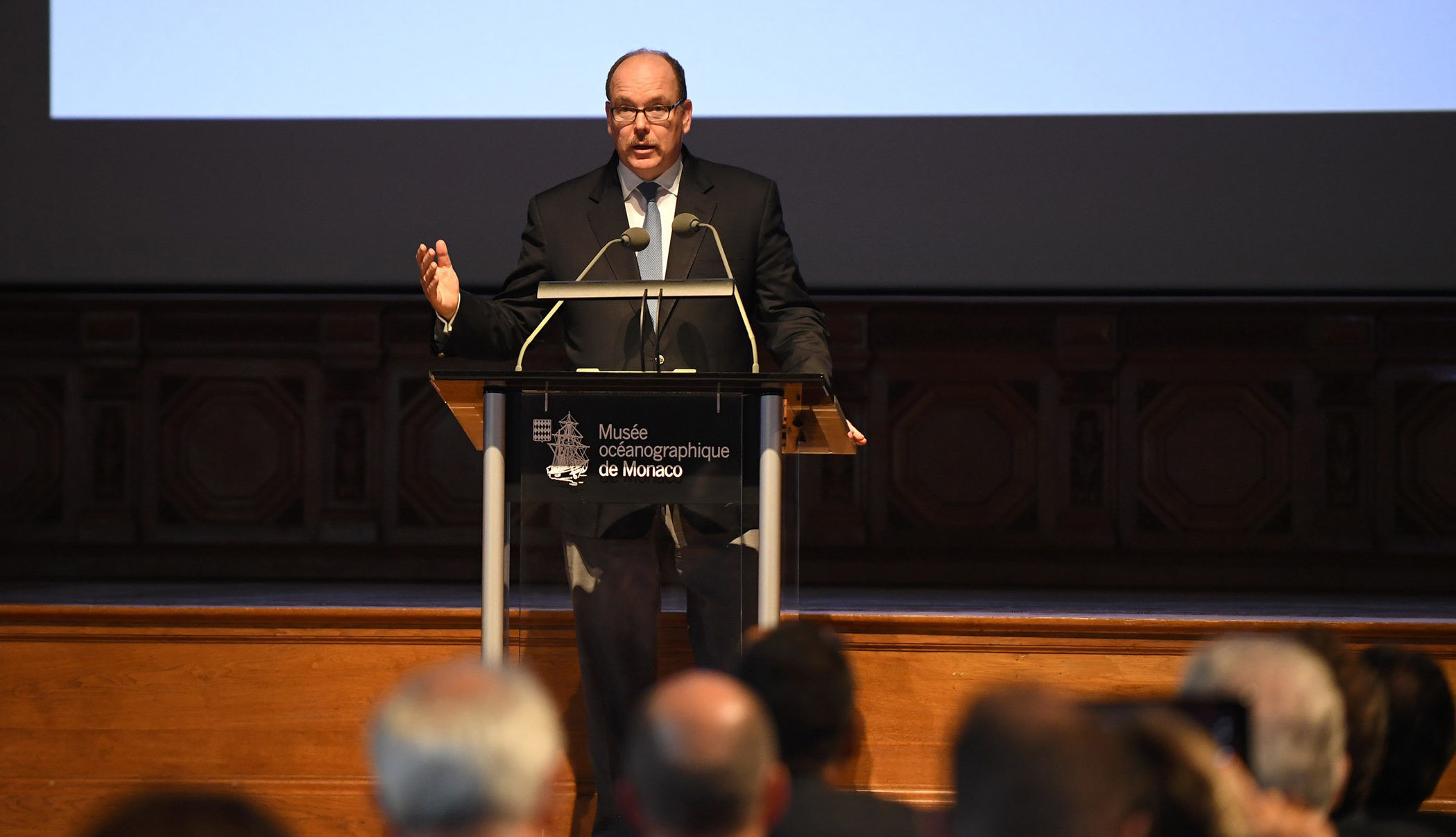
After three days of fruitful discussions, the fourth international workshop on ocean acidification ended in the presence of the Prince Albert.
The event, which concluded on October 17, presented political recommendations as well as scientific and technical findings, which this year focused on coral reefs. Professor Denis Allemand, Scientific Director of the Scientific Centre of Monaco, reminded participants that ocean acidification results from the dissolution of carbon dioxide in the oceans emitted by human activities.
He said that coral reefs, which are fragile ecosystems and sensitive to climate change, act as “sentinels” for the state of health of the oceans, playing the part of both actors and victims of global warming.
During his closing address, the Sovereign Prince spoke of the importance of protected marine areas, which delay the action of global warming. He concluded his speech on the importance of bearing in mind commercial considerations in environmental issues.
This fourth workshop led to several recommendations, such as the necessity of monitoring protected areas, determined by human and scientific criteria; the development of education, awareness and communication; and the restoration of the reefs. The conference also highlighted the necessary coordination of economic and political actions and the development of research to collect scientific data, which is essential to anticipate our future.
The workshops on ocean acidification were born from the Monaco Declaration (2008), which aimed to challenge policy makers on the issues of ocean acidification and encourage research efforts in this area.
Organised by the Monaco Scientific Centre, in partnership with the IAEA’s Laboratories for the Environment, the Prince Albert II Foundation and the French Ministry of Ecological and Solidarity Transition, the workshop brought together some sixty world specialists around technical, scientific, economic and political solutions to “save” the reefs.
READ ALSO
Prince Albert II Foundation: a ten-year retrospective with HE Bernard Fautrier
